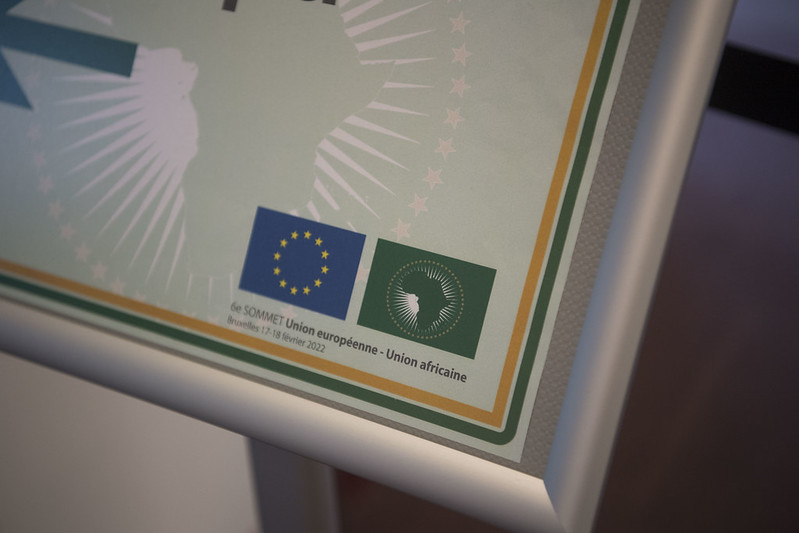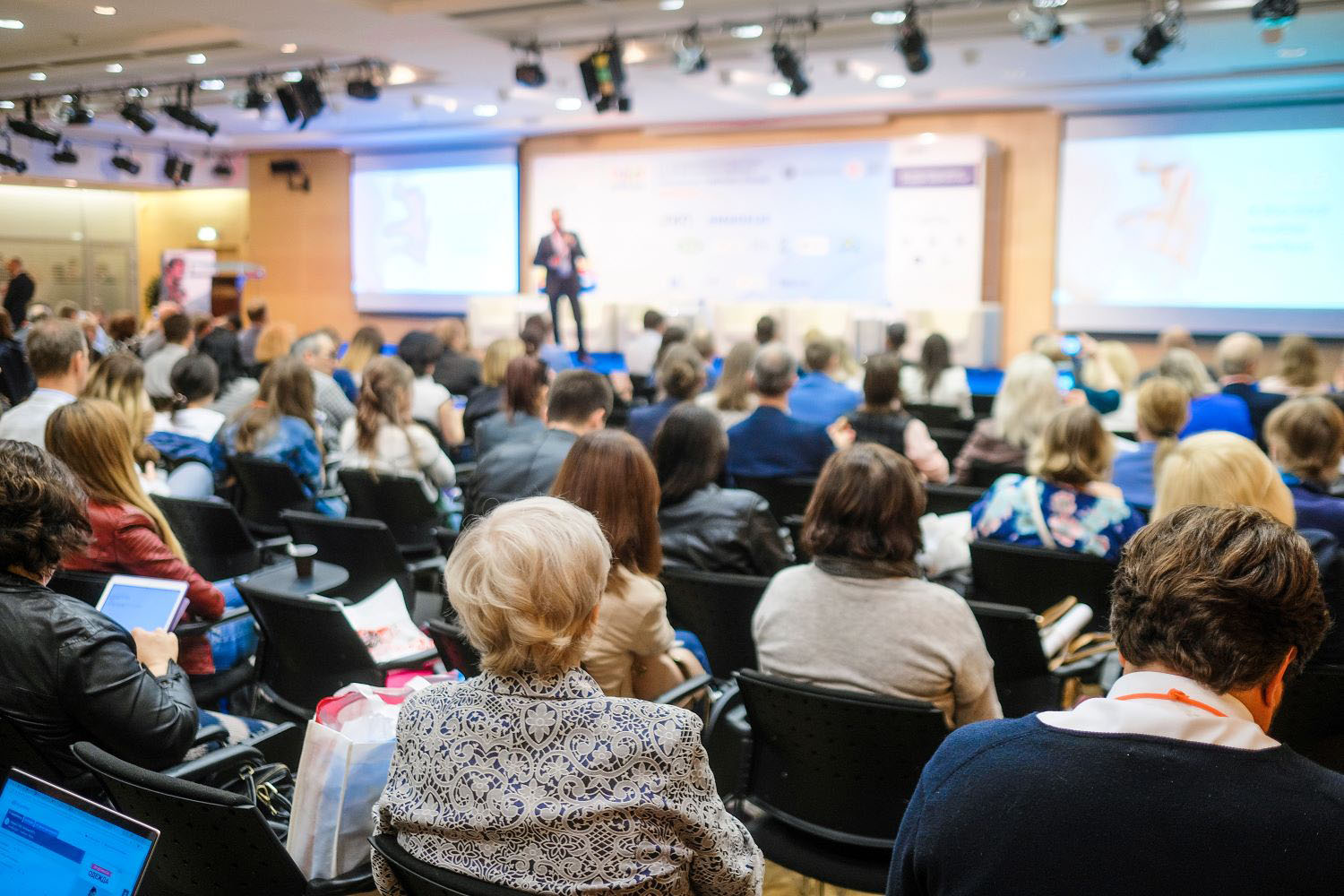On 17th February, the long-awaited summit between the African Union (AU) and the European Union (EU), delayed since 2020, will finally begin. But since the event was scheduled, the world has been ravaged by a pandemic that has stalled a decade of continuous growth and human capital improvement on the African continent.
It is becoming increasingly clear that Europe’s future wellbeing will depend more and more on the future wellbeing of its closest neighbour, Africa. So, can this summit still do what it originally set out to—and what it must set a course for— and reset the EU’s relationship with Africa as a “true partnership of equals”?
Since 2020, with the summit repeatedly having been stalled, African leaders have strengthened ties with other global powers—think China. The eighth Forum on China Africa Cooperation (FOCAC) held in December last year not only demonstrated the impressive depth and breadth of China’s relationships with Africa, but crucially signaled a new approach based on ‘soft’ assets, very much stepping on the EU’s toes and their €300 billion worldwide connectivity strategy.
Global Gateway—the EU’s attempt to counter the threat of China’s influence through higher quality, greener, and more transparent infrastructure—is a key element of its offer to Africa through mobilisation of private investment using EU budget guarantees. The hope is that this, coupled with the French EU Presidency’s explicit priority on Africa, and some considerable announcements of "Team Europe" investments and initiatives, will rekindle the momentum lost when the pandemic hit. But will this be enough to reset and rebuild the Europe-Africa relationship?
Over the next four weeks, CGD colleagues will present a series of commentaries and proposals for the crucial “intelligent reconstruction” window that the summit opens and how to make it a turning point in the relationship between the two continents. We call it a “reconstruction” because so much must change.
In anticipation of the 2020 summit, Gyude argued that a stronger Africa was in Europe’s economic interest and vice versa. This is truer than ever in the wake of the economic scarring from COVID-19. An economically stronger Africa would unlock new opportunities for capital investment, cheaper and more varied imports, and a ready supply of new workers at a time when Europe’s working-age population is declining.
In early 2020, the EU set out its Comprehensive Strategy with Africa. Although this contained some key elements of a novel approach and a promise of a "move away from the donor-recipient relationship", it was perceived by African leaders as an attempt by Europe to continue to dominate the relationship, echoing a colonial legacy. There was a clear disconnect between the priorities of the two continents, with the EU focused on climate change and migration and Africa determined to end the COVID-19 pandemic and jump-start its economies.
In October 2021, an AU-EU Ministerial Meeting took place to set out their joint priorities in education and skills development; resilience, peace, security and governance; migration and mobility; and investments in structural transformation. In the run up to the summit, CGD colleagues will be posting their thoughts on these priorities and what needs to happen to make them meaningful and impactful in the reconstruction of the Europe-Africa relationship.
-
On migration, Charles Kenny will present the mutual benefits of European-African labour mobility while Helen Dempster and Michael Clemens will highlight how the EU could build skills and talent in Africa.
-
On global health, Peter Baker and Cassandra Nemzoff will examine the hallmarks of African-European health partnerships for priority setting in the post-COVID era. And experts Amanda Glassman and Prashant Yadav share thoughts on EU support for domestic manufacturing of vaccines and medicines in sub-Saharan Africa in response to COVID-19 and beyond, and whether there will be a demand for this in the future.
-
On strengthening resilience, Mark Lowcock will examine the growing humanitarian problems in Africa, as a result of a combination of increased conflict, the impact of climate change, and disease-related problems and the potential of a new EU-AU partnership to build capacity to identify, forestall and manage future risks and provide early financing for response.
-
Inge Kaul will share her thoughts on how African and European leaders could take their partnership to the next level and Ovigwe Eguegu and Gyude Moore will discuss the importance of fulfilling unmet commitments. Malado Kaba will explore how the EU-AU relationship can move beyond aid and help to establish the AU as an agenda-setting global player.
-
On investment, Mark Plant will look at how Europe can play a leading role in the reallocation of IMF Special Drawing Rights (SDRs) and how these might be put to use in effecting a sustainable recovery and transition in Africa.
-
On climate change, Samuel Pleeck, Fatima Denton and Ian Mitchell will discuss what needs to happen to ensure that the EU’s Carbon Border Adjustment Mechanism does not have a negative impact on African countries.
-
On digitalization, Teki Akuetteh Falconer and Michael Pisa will focus on the Africa-EU digital relationship, including the effect of data protection laws on cross-border data flows.
-
And finally, Shada Islam will look at how Europe’s colonial legacy, enduring Eurocentric approaches and hostile attitudes towards African refugees and migrants continue to cast a shadow on EU hopes of reconstructing relations with Africa.
Stay tuned as we continue to publish ideas ahead of the EU-AU Summit.
CGD blog posts reflect the views of the authors, drawing on prior research and experience in their areas of expertise.
CGD is a nonpartisan, independent organization and does not take institutional positions.







